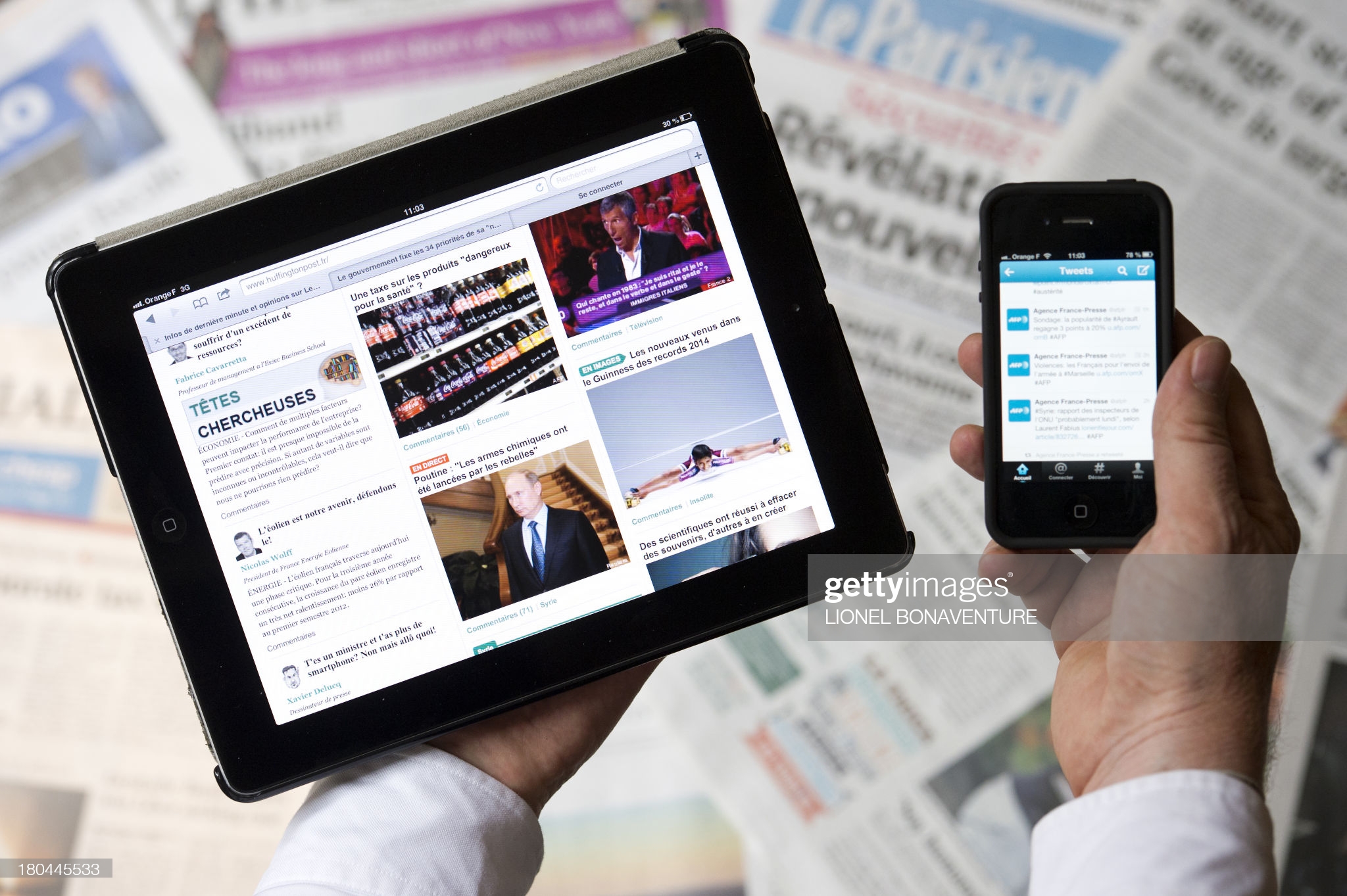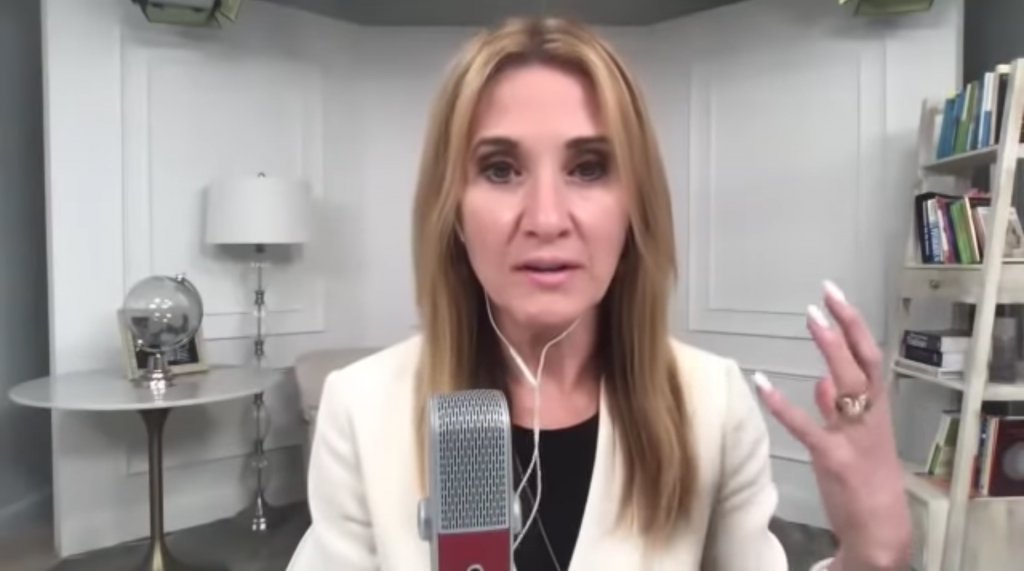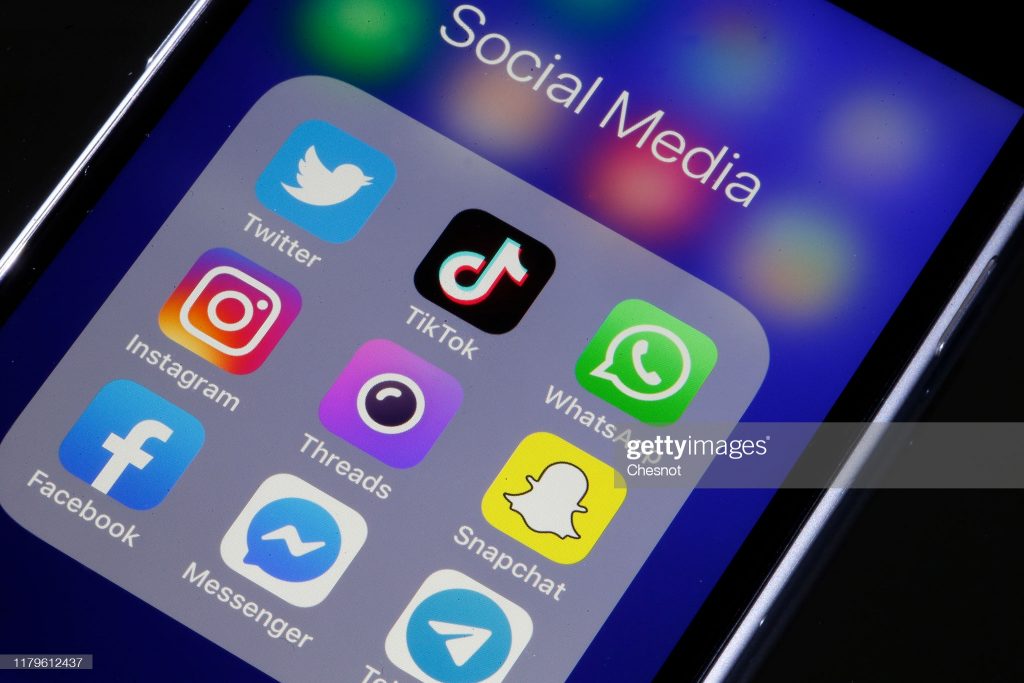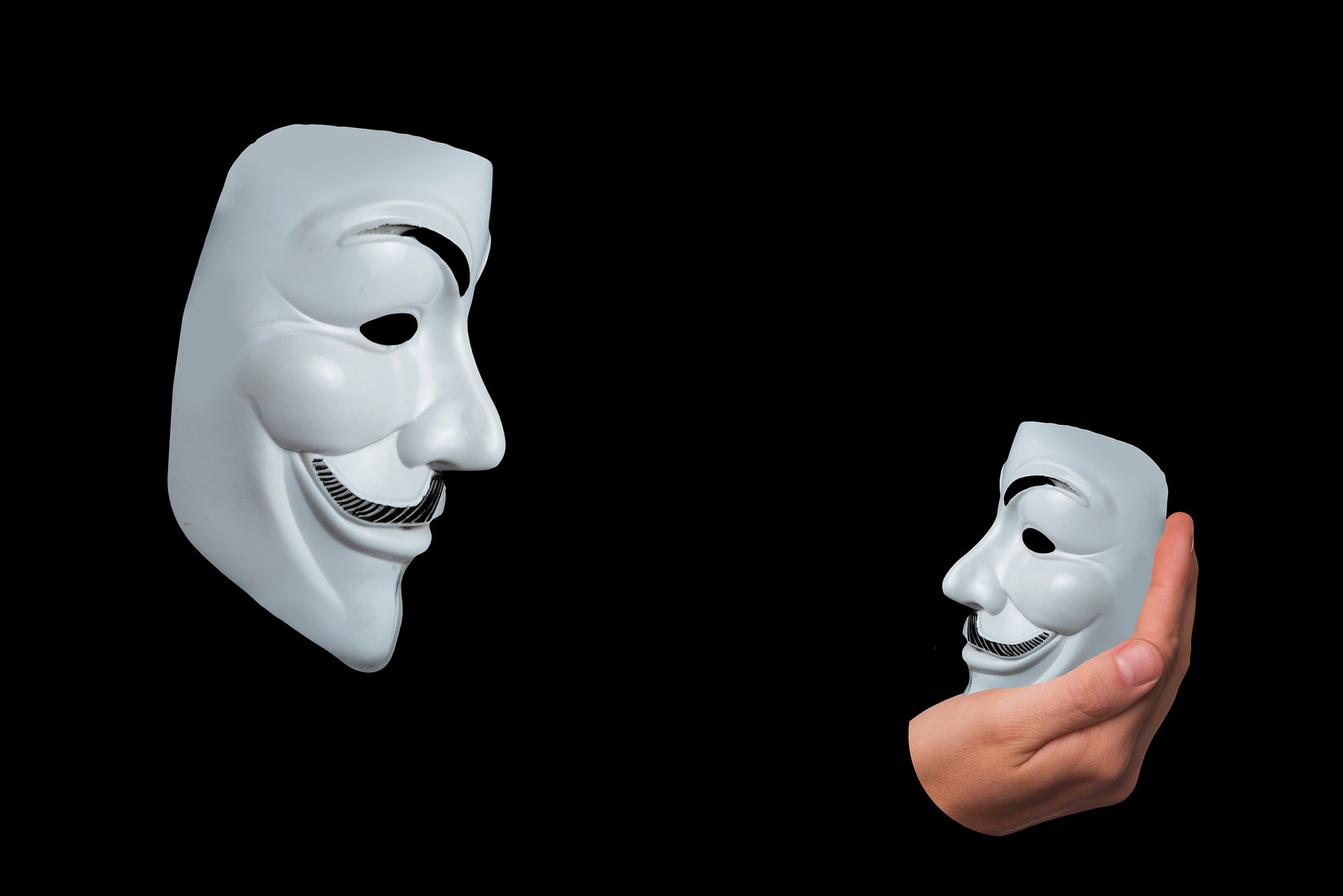Mental Health in Media
By: Jay Moreno
Feature Articles, Health & Welfare, Psychology, Social & Youth development, Uncategorized,

In a time where people around the world are consumed by different platforms of media, it is possible these forms can impact our mental health. Today, we spend so much time on our electronic devices to a point where it may take a toll on us. Whether it be the news, TV, movies, podcasts, radio or social networks, the media can make any kind of impact on our daily lives. In the digital age, circumstances related to technology and media can influence our mental health in both positive and negative ways. Perceptions around mental health are slowly breaking stigmas. Therefore, it is important to have conversations to improve wellness and take mental health more seriously for others and ourselves.
Mental health in print and news media

As technology continues to improve with tablets and smartphones, we can now access the news anywhere and almost everywhere. Many newspapers and magazines are struggling to stay afloat, having ceased print publishing and transitioned to solely web circulation. Some have even discontinued publishing overall, ceasing their own news outlets. Whether it’s on TV, the internet, audio, social media, or elsewhere, it’s clear we are no longer in an age where you have to wait for the 5 p.m. news or the local newspaper to be dropped off at your home.
The news: indulging or overwhelming?
Some may become indulged with the news to the point where they become very invested in current events and certain topics. This can range from politics, social issues, entertainment, crimes, legal matters and many more. Staying informed and attentive to the news can be a great thing. No one ever wants to feel or sound like they don’t know what they’re talking about. Therefore, it is important to be aware of what is happening around the world.
Others may feel overwhelmed by so much news; it might make them want to turn away from it. In the United States, this could be common among its citizens in recent years, primarily due to U.S. politics. Internationally and since early 2020, this could apply to the COVID-19 pandemic. They begin to feel overexposure and can no longer handle hearing such topics on a daily basis. They may feel as if they hear the same things over and over again. Furthermore, the lack of positive news can be draining, becoming another negative mental health factor. Too much bad news creates too many bad thoughts and emotions.
To avoid news overload, it would be best to find common ground between staying informed and feeling overwhelmed by the news. Managing your news media consumption could be effective in avoiding stress, anxiety and depression. It is important to know when too much becomes too much and when to find a limit. As we continue living in an ongoing pandemic, staying informed solely with updates from medical and scientific sources (such as the CDC) would be a good option to take a break from news outlets.
Mental health in film and TV media

Television and movies are no stranger to varying reactions from their audiences. Depending on the movie genre, they can make us laugh, cry, or feel scared. They can also help us find understanding within our own lives and the lives of others. Nevertheless, aside from temporary emotions, they can also influence our own mental health. In a world of binge-watching on many streaming platforms, it’s nice to find a short mental getaway from reality.
A positive impact of mental health portrayal in films and TV shows is people finding relatability within characters. Actors portraying characters with mental health issues can give audiences a sense of no longer feeling alone with their experiences. Regardless if they are fictional or based on true events, they are capable of forming emotional connections with audiences. Aside from relatability, mental health can also create a form of escapism from their own realities and struggles when watching movies or TV shows. It can be nice to take a break from actuality in order to fantasize about what can seem like a better or perfect life.
In the past two decades, reality television has become very prominent. Many cable channels now have reality programming, even if the channel wasn’t originally reality-based. There are shows such as A&E’s ‘Intervention’ and VH1’s ‘Celebrity Rehab with Dr Drew,’ where professionals provide help and counselling to those struggling with addiction. They are often condemned and accused of exploitation, even though their intention is to create awareness. Despite criticism, some have also encouraged viewers to seek help for themselves or others they personally know, airing public service announcements during commercial breaks or an episode’s conclusion.
Mental health in podcasts and radio

As podcasts continue to gain traction, mental health professionals and researchers have participated in the media format, as well as those who have mental health issues. This can be very beneficial to those struggling with mental illnesses, as they can find advice and find relatability in their own lives. ‘The Hilarious World of Depression,’ ‘The Anxiety Podcast,’ and ‘Mental Illness Happy Hour’ are considered popular mental health podcasts. Aside from being a communication pathologist and cognitive neuroscientist, Dr Caroline Leaf also hosts her own ‘Cleaning Up the Mental Mess‘ podcast. It is also available through her YouTube channel, where she has over 165,000 subscribers.
Similarly, talk radio can also be helpful, particularly because they can sometimes seek advice when hosts take calls. Since all listeners may have familiar experiences, callers may feel more comfortable discussing their situations for the public to hear. Listening to the stories of others can create a sense of relatability. Therefore, a sense of feeling alone could possibly disappear when one is aware of their similarities from others.
Celebrities using their platform is also another good way for people to not feel alone with their battles, knowing that even the rich and famous experience similar situations. One celebrity, singer Michelle Williams, started hosting her own podcast ‘Checking In,’ where she and guests discuss battles with their lives and mental health. Williams, a former member of the Grammy-winning girl group Destiny’s Child, has opened up about her struggles with depression and anxiety. After a breakup in late 2018, Williams admitted to having suicidal thoughts and announced she sought mental health treatment. She also published her own book, ‘Checking In: How Getting Real About Depression Saved My Life – and Can Save Yours’ in May 2021.
Mental health in social media

In the past several years, the usage of social media has drastically improved and increased. Whether it’s Facebook, Twitter, Instagram or several other sites and apps, it seems everyone is on social media these days. Although it may be a good platform to have more access to the world, it can also be dangerous. Paris Hilton, who is considered one of the blueprints of social media, has even said she feels she “helped create a monster” in her 2020 documentary.
Social media: the ups and downs
Positively, social media provides a way to communicate and keep up with people from our past and our present. Want to know what your high school best friend you haven’t seen in a decade is up to nowadays? Add them on Facebook. Is someone you went to college with now a politician running for congress? Follow them on Twitter. Furthermore, you can also create or become involved with communities consisting of people you have similar interests. This is very beneficial for groups of people who have been shunned by those around them, such as LGBTQ+ people. Furthermore, positive support from followers could also boost someone’s self-confidence. This can range from compliments on a recent selfie posted or even congratulation messages when publicly announcing good news.
Social media can negatively affect mental health in various ways. It almost seems as if posting your life online for everyone to see can come with consequences or criticism. One major issue within social media is cyberbullying. This can affect mental health by creating low self-esteem when others make offensive comments about appearance, background, etc. This can lead to horrendous factors such as self-harm, suicidal thoughts and even the act of suicide itself. Another negative aspect of social media is FOMO (fear of missing out). This can range from being active on social media sites or feeling left out when seeing friends and others you follow to engage in certain activities.
If one feels at a point where social media is ruining them, a hiatus may be necessary. Deleting a social media app or temporarily disabling an account are beneficial ways to take a break from the social networking world.
Where do we go from here?
In order to avoid overconsumption or the risk of mental health impacted by media, it is best to find balance or breaks. Too much media (mainly news and social media) could possibly mess with our minds. To avoid brinks of despair breaks from different types of media can be beneficial for our own sanities. Too much media can be overwhelming or addicting. Every now and then, turn the TV off, change the radio station, put the phone away and step away from the computer. Take a break and pretend to live in a pre-digital era world for a short time.
Photo courtesy of Getty Images.
Similar Posts –
COVID-19 EFFECT ON MENTAL HEALTH: AN UPHILL BATTLE TURNED TAXING. Click here to read the full article.
PRIORITIZATION OF MENTAL HEALTH AT TOKYO OLYMPICS. Click here to read the full article.
Tags: media, Mental Health, mental health in media, Movies, news, podcasts, print news, radio, social media, technology, tv, tv news, tv shows, youth mental health,









[…] HEALTH IN MEDIA. Click here to read the full […]
[…] tools we human beings have at our disposal. In one form or the other, consumption of media has become a cardinal prerequisite of our day-to-day life. Without consulting our smartphones and […]
[…] of this moment, I believe it is paramount to discuss the importance of mental health in media and help advocate proper health care advice through the right […]
[…] the most seen mental disorders in the fast-moving world. Anxiety, in psychological terms, is a mental health condition. Assuming you have a nervous problem, you might react to specific things and […]